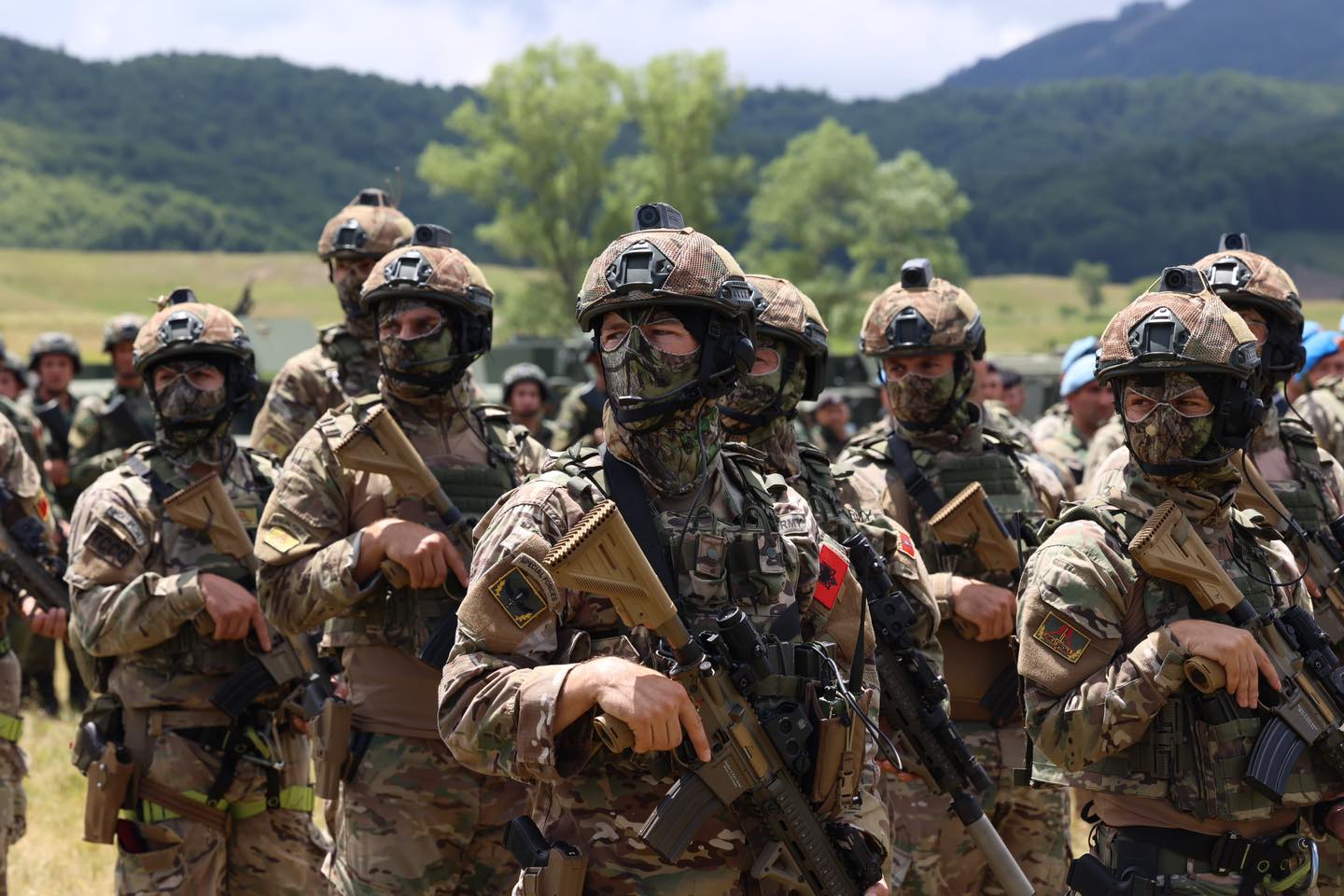Albanian Parliament advances Military Strategy and Armed Forces Development Plan

The Commission for Legal Affairs, Public Administration, and Human Rights of Albania’s Parliament reviewed and approved today two draft laws proposed by the Council of Ministers in the field of defense. These include the “Approval of the Military Strategy of the Republic of Albania” and the “Approval of the Long-Term Development Plan of the Armed Forces 2024-2033.”
Why is this relevant
Both documents reflect the awareness of Albania’s Government and political class about the heightened geopolitical tensions in Europe and the Western Balkans and the need to safeguard national security interests amidst evolving threats. But they also underscore Albania’s commitment to NATO by enhancing defense capabilities and interoperability, crucial for fulfilling collective defense obligations and contributing to regional stability.
Context
Presenting the draft laws to the commission, Deputy Minister of Defense Dorian Tola emphasized their significance in assessing risks and threats, reaffirming ambitions, enhancing capabilities and forces, outlining general military options against potential threats, strengthening military instruments, and sustainability, while harmonizing with NATO and EU dynamics, policies, and plans.
Special attention in the Strategy will focus on developing and enhancing critical defense capabilities. Tola highlighted plans to strengthen ground-based air defense capabilities and operational capacities of stationary and mobile systems for detecting and neutralizing unmanned aerial vehicles to protect population, critical infrastructure, and military installations. He stressed the enhancement of unmanned aerial vehicle capacities through increased education and technical training of selected personnel.
“The implementation of the light infantry battalion group capacity continues to be a key objective in our commitment to the Alliance,” Tola affirmed.
He further emphasized the strategic importance of consolidating the “Black Hawk” helicopter fleet, two of which were delivered in January 2024, seen as essential not only for potential NATO or EU engagements but also for national defense perspectives.
“The strategic framework of these documents we propose today for approval will further drive us to invest in security and defense infrastructure, to be made available to the Alliance and the EU,” Tola addressed the deputies.
Efforts are also underway to promote the 8th corridor as a security corridor linking the Adriatic Sea with the Ionian Sea, aligned with regional NATO plans. Recently, during the Summit in Washington, a letter of intent was signed with Italy, Bulgaria, and North Macedonia to jointly promote and develop projects in this regard.
In conclusion, both draft laws were approved by the deputies following the meeting.


